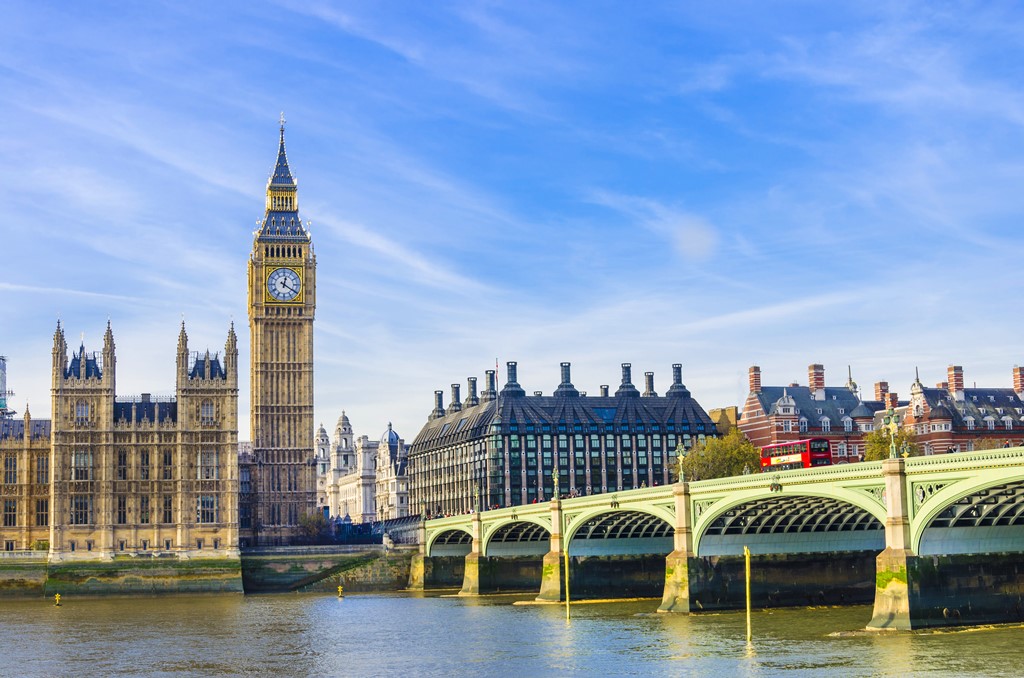A new UK government renews hopes for a free-trade deal with Canada

The major shift in the British political landscape after Thursday’s election is reviving hope for a possible free-trade deal across the pond in Canada
by Sarah Ritchie – The Canadian Press
Keir Starmer officially became prime minister Friday morning, appointed by King Charles III after Conservative Leader Rishi Sunak stepped down. The British electorate gave Labour a landslide victory with 412 of Parliament’s 650 seats, handing the Tories a historic loss.
Achim Hurrelmann, a professor of political science at Carleton University, said the two countries have maintained strong ties.
“Even though the (Canadian) Liberal party and the Conservative Party in the U.K. are of different party families, they have generally work together well on international and trade issues,” he said.
But talks for a free-trade deal, which began after Brexit, collapsed in January.
Among the critical issues: the U.K. wanted to send more British cheese across the Atlantic, but an exemption on Canadian dairy quotas expired at the end of 2023.
Martin Buckle, director of the British Canadian Chamber of Trade and Commerce, said it was “very surprising” when the U.K. government walked away from negotiations because the dairy issue was well-known.
“We’re hoping that the new government has another look at that and really tries to pick its way through that negotiation and find a way to settle something with Canada,” he said.
There were also concerns about British rules that ban the sale of hormone-treated beef from Canada, and rules of origin in the automotive sector.
A continuity agreement is in place that keeps most of the former European Union trade rules in place until a separate deal is inked.
The U.K. is Canada’s fourth-largest trading partner, amounting to about $45 billion a year.
On Friday morning, Prime Minister Justin Trudeau congratulated his new counterpart in a statement, saying the two will work to conclude the trade deal.
“Our countries enjoy robust economic ties, and I look forward to further strengthening them with Prime Minister Starmer,” Trudeau said.
“We will advance our relationship through progressive action on shared priorities such as clean technology, human rights, gender equality and building economies that are fairer for every generation.”
The Labour Party has pledged to reset international relationships and start inking trade deals. Its election manifesto said it will not reverse Brexit but will work on “tearing down unnecessary barriers to trade” with the EU.
There’s no specific mention of trade with Canada in the document, something Buckle said he hopes is a reflection of the fact that there are bigger concerns around trading with Europe in the post-Brexit era.
Hurrelmann, however, said the underlying issues in trade talks with Canada have not changed, and are largely non-partisan. He doesn’t expect to see an urgent move to get back to the table.
“I talked to a U.K. trade negotiator a few months ago and they said these issues are really not important enough to make any major concessions that could hurt the government standing with domestic constituencies, for instance in Canada, the dairy lobby,” Hurrelmann said.
There may be lessons for Canadian politicians, though, in the resounding defeat of an incumbent government that had been in power for more than 14 years and was widely seen as “not paying enough attention to the everyday worries of citizens,” he said.
Justin Trudeau’s Liberals have been in government for nine years, with the next vote set to happen no later than October 2025.
In recent weeks, there have also been growing calls for Trudeau to step aside, with everyone from pundits to former cabinet ministers and current caucus members musing about a future without him at the party’s helm.
Hurrelmann said the British Conservatives could be a cautionary tale for those hoping a new Liberal leader will turn the tide of poor polling.
The Tories have had three prime ministers in just over two years since Boris Johnson was forced out, with Liz Truss’s disastrous turn lasting just 45 days.
Hurrelmann said that suggests “if there are large-scale public opinion trends, just changing the face of the prime minister will not make a difference.”












